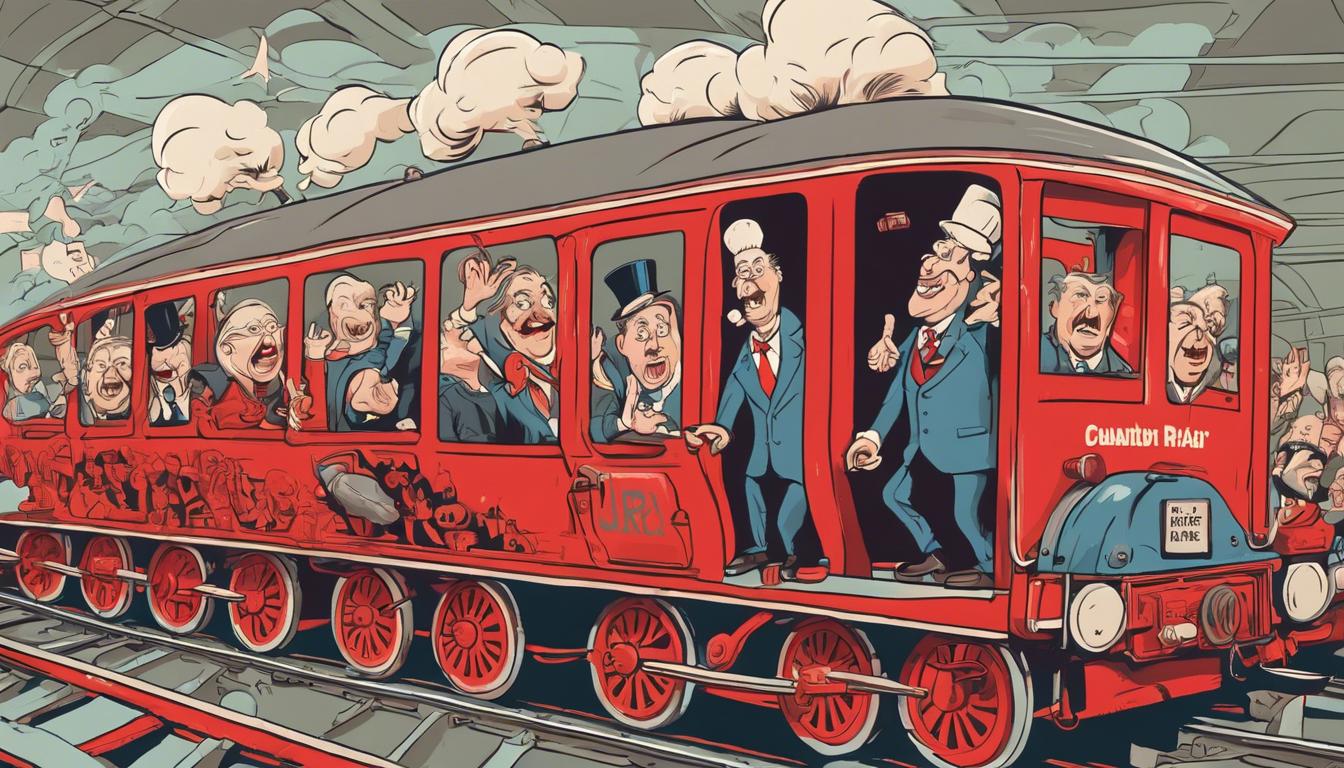The Labour Party proposes a transformative plan to renationalise the UK’s railway network, aiming for a unified, quality service under a new public entity, Great British Railways, while addressing economic concerns and private sector roles.
The Labour Party in the UK has declared its intention to renationalise the country’s railway network if they win the upcoming election. Louise Haigh, the Shadow Transport Secretary, unveiled the proposal which she termed as the “biggest overhaul to our railways in a generation.” The plan seeks to establish a unified, publicly owned and operated railway system within their first term, with a focus on reliable and quality service for passengers, all without incurring any compensation costs to taxpayers.
This proposal includes the creation of a new publicly-led Great British Railways (GBR) to oversee the railways, radically structured to be independent and led by rail experts instead of government officials. Additionally, Labour aims to introduce the Passenger Standards Authority to monitor and ensure service quality.
Contrasting viewpoints have emerged in response to Labour’s announcement. The Conservative Party, including James Cartlidge, have expressed concerns over the financial implications of renationalisation, claiming that it would ultimately burden taxpayers despite Labour’s assertions to the contrary. The Conservatives also highlight the achievements following the privatisation era that began in the 1990s, particularly concerning private sector investments.
Labour’s plan does accommodate a role for private operators. Specifically, it allows open access operators to compete, enhancing services and fostering innovation through private investment. The proposal has received backing from unions such as Aslef and RMT, citing potential benefits for the workforce, passengers, and the wider economy. However, industry groups like Rail Partners maintain some scepticism, cautioning against possible long-term cost increases due to nationalisation.
The announcement has sparked a broader debate regarding the future structure and management of the UK’s railway system, with discussions focusing on the merits of nationalisation versus continued privatisation. The issue remains a significant element of discourse as the country approaches the general election.













